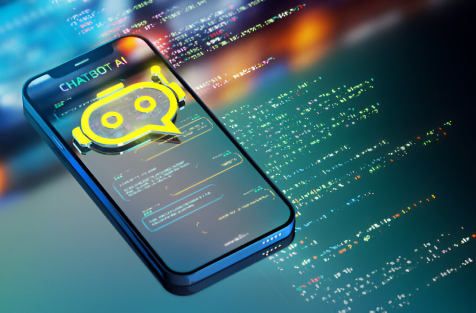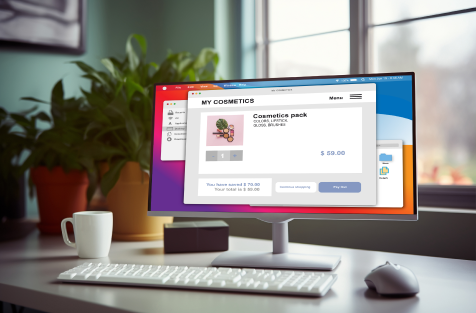AI-Driven Content Creation: How Artificial Intelligence is Shaping the Future of Marketing

1. Introduction to AI in Content Creation
Artificial Intelligence (AI) is becoming more than just a catchphrase; it’s revolutionizing a wide range of sectors, including marketing. AI-driven content generation is transforming marketing strategies for firms by providing unprecedented levels of efficiency, accuracy, and customisation.
Artificial Intelligence (AI) is transforming marketing by enabling it to be more intelligent and responsive to customer needs. Examples of this include predictive analytics and content creation tools that rely on AI.
2. The Role of AI in Marketing Strategies
Artificial Intelligence plays a vital role in contemporary marketing tactics by offering insights that were previously hard to come by. Marketing professionals can better grasp trends and preferences by using machine learning algorithms to study consumer behavior.
AI-powered technologies assist in creating tailored marketing campaigns that provide relevant material to users at the appropriate moment. With this degree of accuracy, companies may maximize their marketing expenditures, cutting expenses and raising return on investment (ROI).
3. AI and Data-Driven Insights
Data-driven insights are one of the most significant ways artificial intelligence is influencing content development. Despite the abundance of data available to marketers, manual data analysis is practically unfeasible.
With the help of AI, this data is processed effectively, allowing for the creation of tailored content by seeing patterns and trends. AI enables marketers to make well-informed decisions that lead to success, whether they are finding key performance indicators (KPIs), researching competitors, or analyzing customer sentiment.
4. AI-Powered Personalization
The secret to drawing in and keeping a modern audience is personalization. In order to provide highly tailored content, AI leverages information from users’ browsing histories, interests, and behavior. This could involve customized email marketing, targeted advertisements, or even product recommendations.
The value of AI is found in its capacity to precisely segment audiences, ensuring that every piece of information is relevant to the intended audience and enhancing user experience and engagement rates.
5. Automating Content Creation with AI Tools
Many areas of content creation, including writing and video production, are being automated by AI systems. High-quality content may be produced in a matter of minutes using tools like AI-based video editors and GPT-4, which drives AI authoring. These programs may produce original photos, video scripts, social media updates, and blog entries.
This degree of automation guarantees a consistent supply of material while freeing up time for marketers to concentrate on creative strategies. AI may also tailor this material to target audiences and particular platforms, increasing its efficacy.
6. AI in Social Media and SEO
AI is also changing the way that marketers use SEO and social media. Artificial intelligence (AI) tools can determine the best kinds of material to upload at different times depending on the platform. To ensure that content appears highly in search engine results, artificial intelligence (AI) assists in finding the best keywords, optimizing on-page SEO features, and even predicting algorithm changes.
AI is being more and more integrated into social media management solutions to increase user engagement and simplify social media advertising.
7. Challenges and Limitations of AI in Marketing
Despite all of AI’s advantages, it’s critical to understand its limitations. For instance, creativity is still a human strength. Artificial intelligence (AI) is capable of producing material, but it is not as sophisticated as human producers in terms of emotion, context, and cultural nuances.
There are also ethical issues to consider, such the possibility of AI being exploited to produce low-quality or deceptive content on a large scale. Furthermore, if AI is used excessively, it can inhibit team creativity and innovation if it is not properly balanced.
8. Conclusion: The Future of AI-Driven Content Creation
AI is definitely changing marketing and content production. It provides the opportunity to quickly scale content initiatives along with insights and tools that streamline and personalize processes. Marketers need to be aware of AI’s limitations, too, and use technology to enhance rather than completely replace human innovation. The future of content marketing appears to be more dynamic and data-driven as AI develops, opening up previously unthinkable opportunities for businesses to interact with their customers.
Businesses may stay ahead of the curve by incorporating AI into their plans and providing individualized, data-backed content that encourages interaction and expansion.









